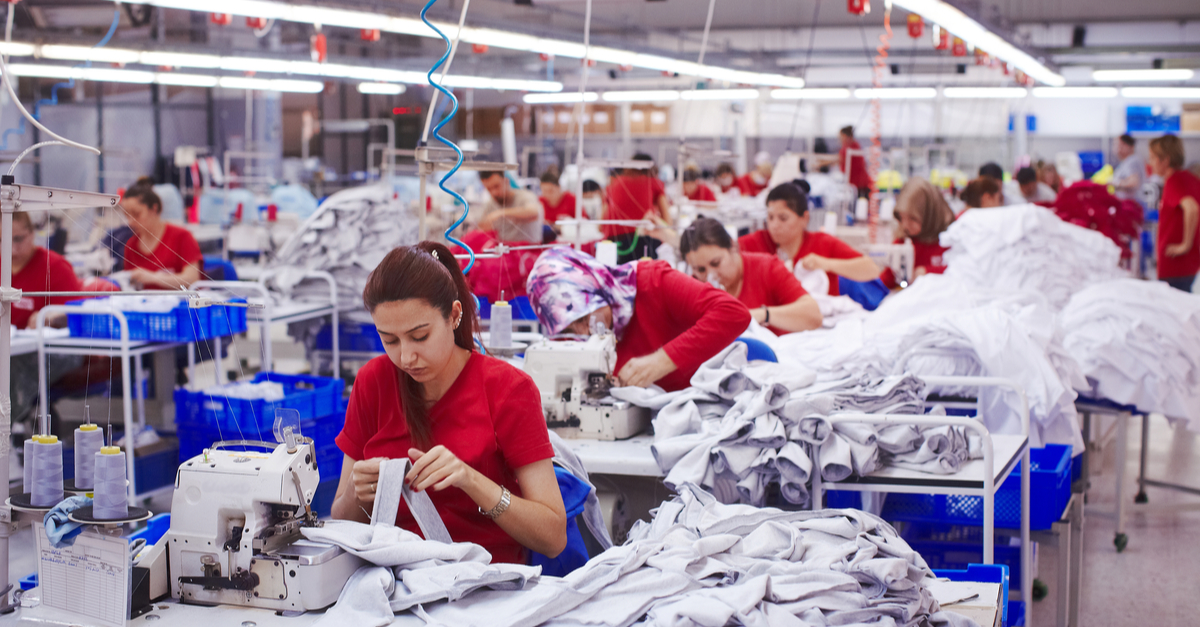Blog series on climate impacts – Textile industry

The discussion on climate change is linked with the textile industry in multiple ways. On the one hand, the raw material supply and the production of textiles cause greenhouse gas emissions, on the other hand, the treatment of textile waste remains an unresolved question in circular economy. There is an increasing pressure for textile sector companies to improve the level of managing the environmental responsibilities, including climate impacts.
The climate impact from the textile industry can be reduced
The environmental impacts of the textile sector are related to energy and water consumption and to the use of hazardous substances over the life cycle of the product. The main environmental aspects of textiles are the raw material supply, dying, finishing, and the energy and water consumption during use, caused by the washing, drying and ironing of the textiles.
The climate impact from the textile industry can be reduced in many ways. Energy consumption shall be reduced in all stages of the life cycle, especially in manufacturing and use. The textile waste shall be first avoided, and if it is not possible, it shall be recycled as raw material, or its energy content recovered. The amendment of the EU waste directive (2018/851) requires the Member States to set up separate collection for textile waste by year 2025. It is likely that it improves the availability of textile waste, yet the utilization of the textile waste as raw material can be challenging due to the mixture of various fibers. The recyclability can be taken into account already in the design of the textile product.
The challenges in climate change and responsible operations may encourage the textile companies to develop their operations. There are several examples of innovative use of recycled or waste material as raw materials for textiles and sales and repair services of used clothes. The aim of these actions can be to reduce raw material costs, to profile as a responsible brand, and to stand out as an environmentally friendly company.
It is not only the climate change that matters in the textile industry. It is strongly linked to other environmental impacts as well as social responsibilities. To identify the environmental and social hot spots in the textile industry, it is necessary to evaluate the entire chain of operations in terms of a wide view of corporate responsibilities. Such an evaluation may include the consumption of resources (water, energy, natural resources), labor conditions and occupational health and safety.
Ecobio´s experts help you
Ecobio’s experts assist you in measuring, evaluating and developing the environmental performance, including climate change impacts. Our experts can help you improve the material and energy efficiency of your operations. We can also help you in wide sustainability-related questions and reporting. If these topics are currently relevant for you, contact Ecobio’s experts for further discussion.
